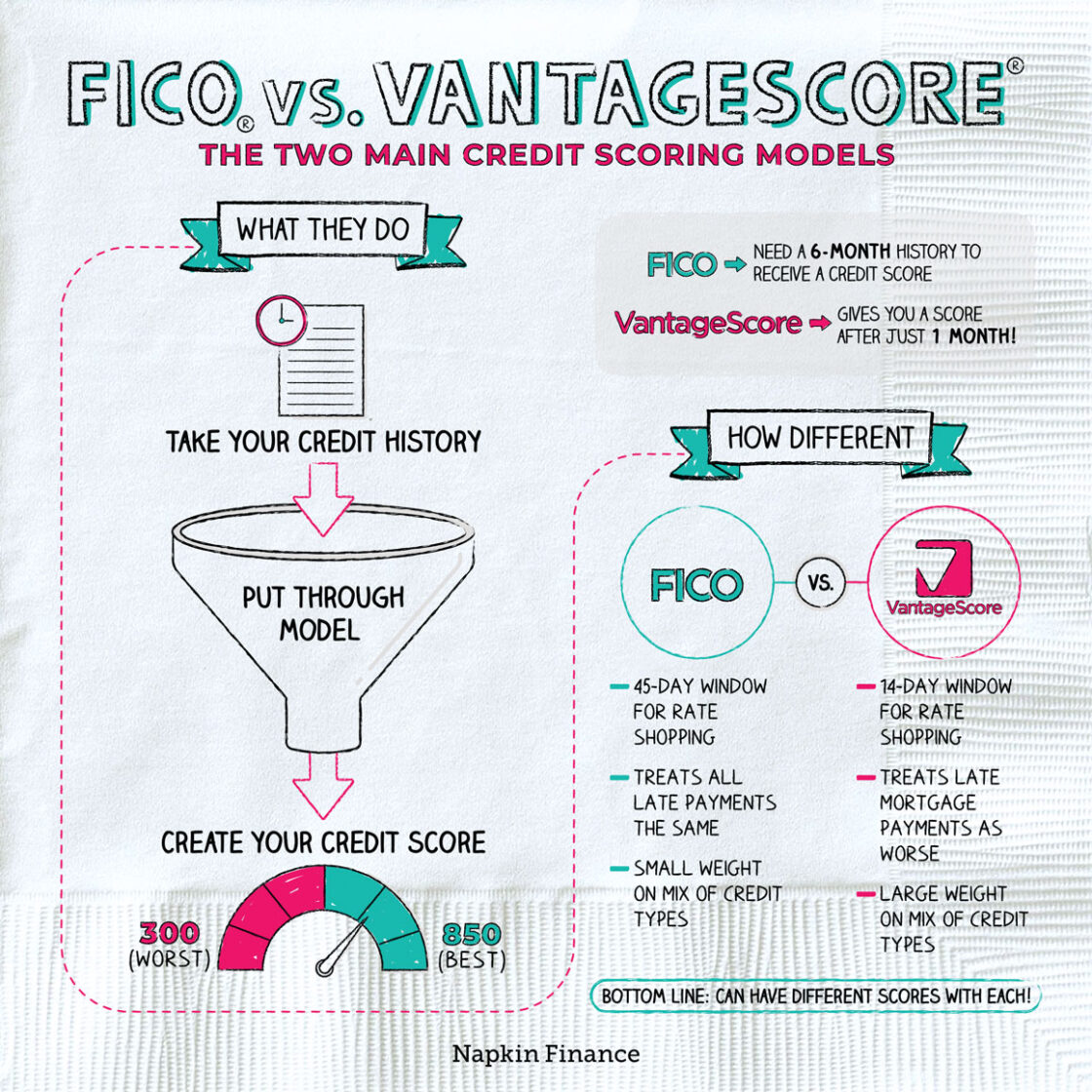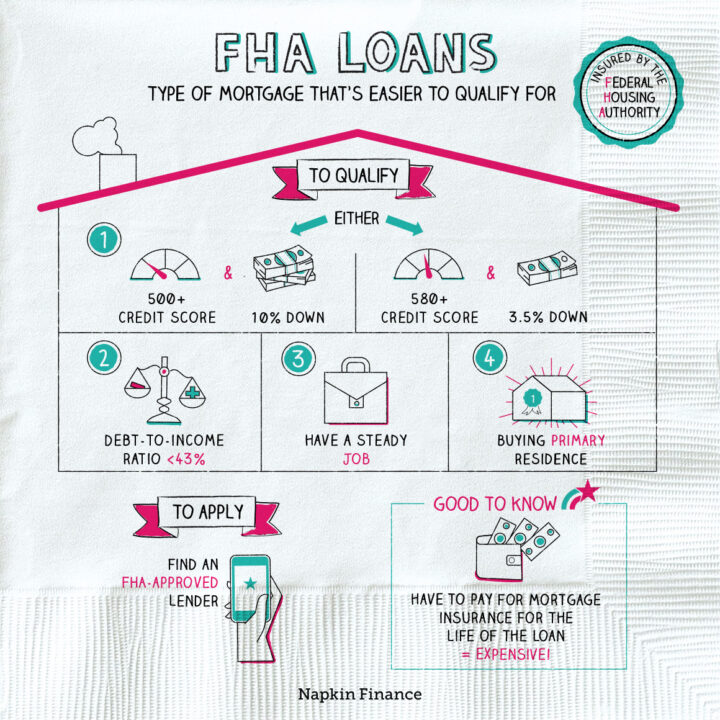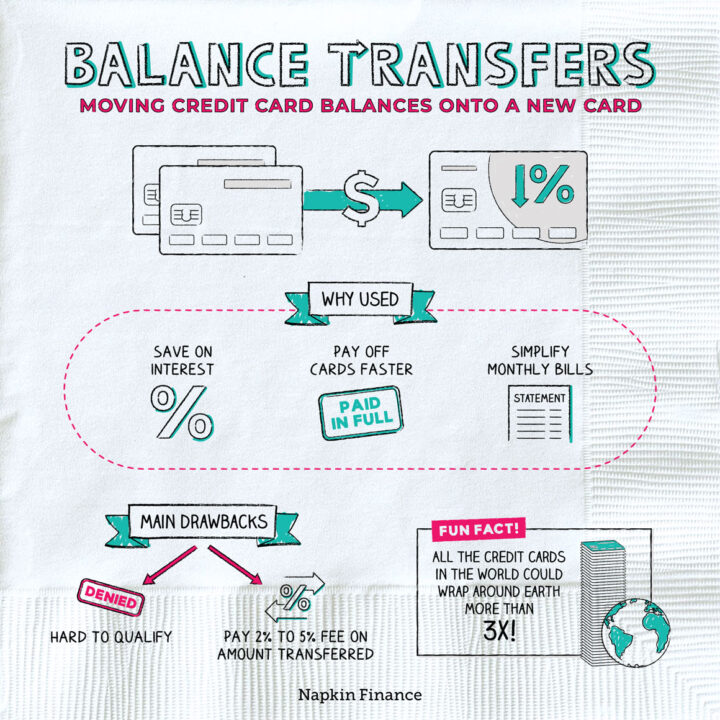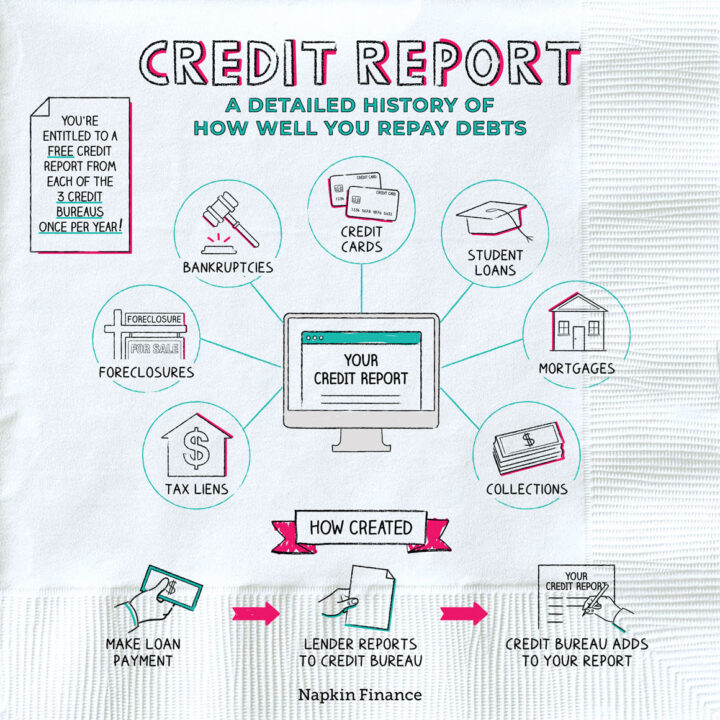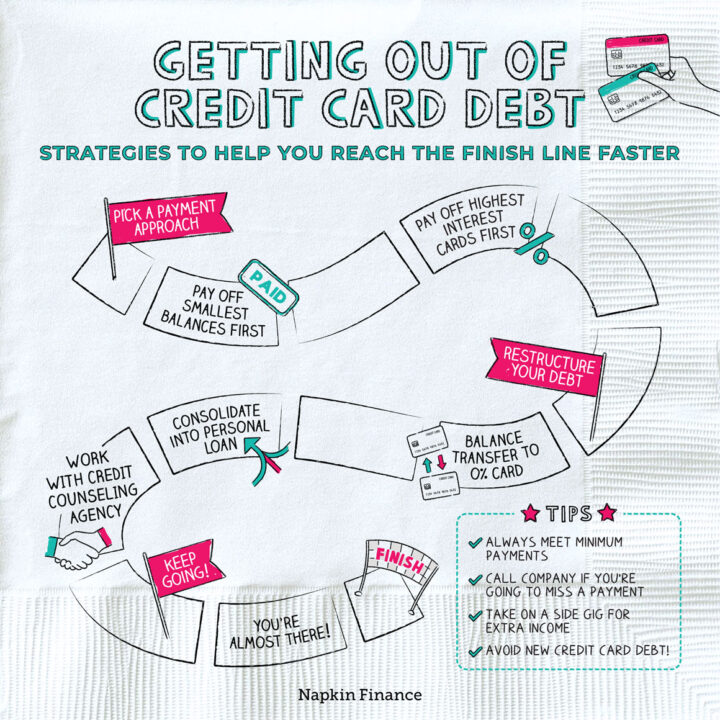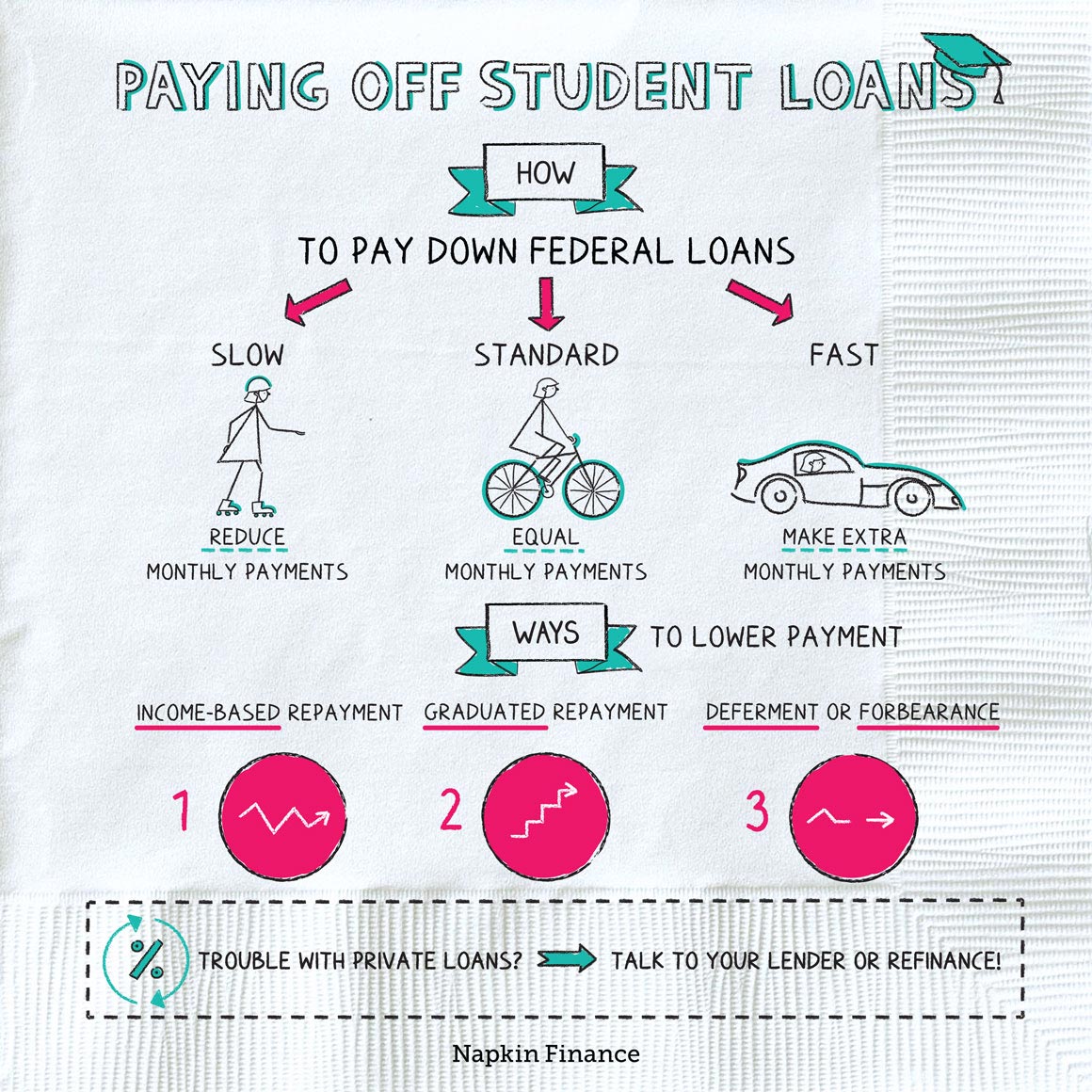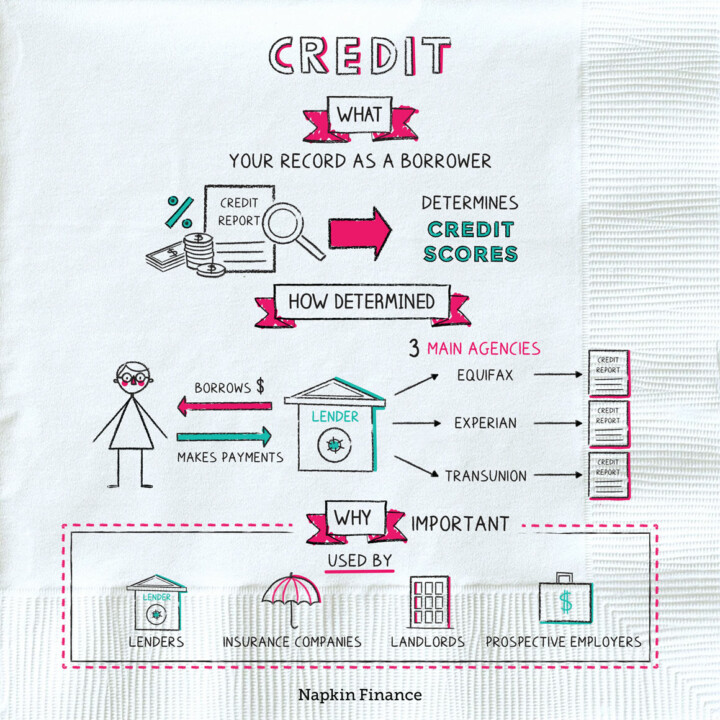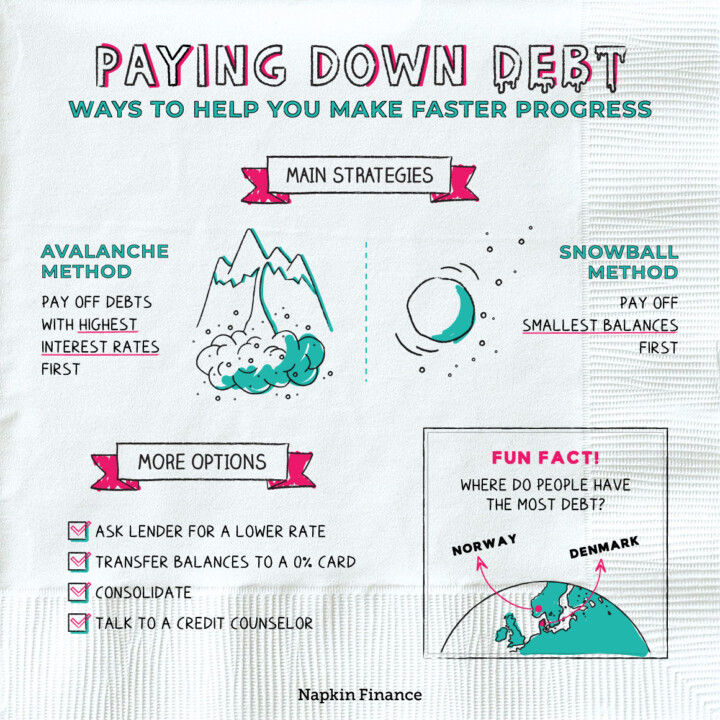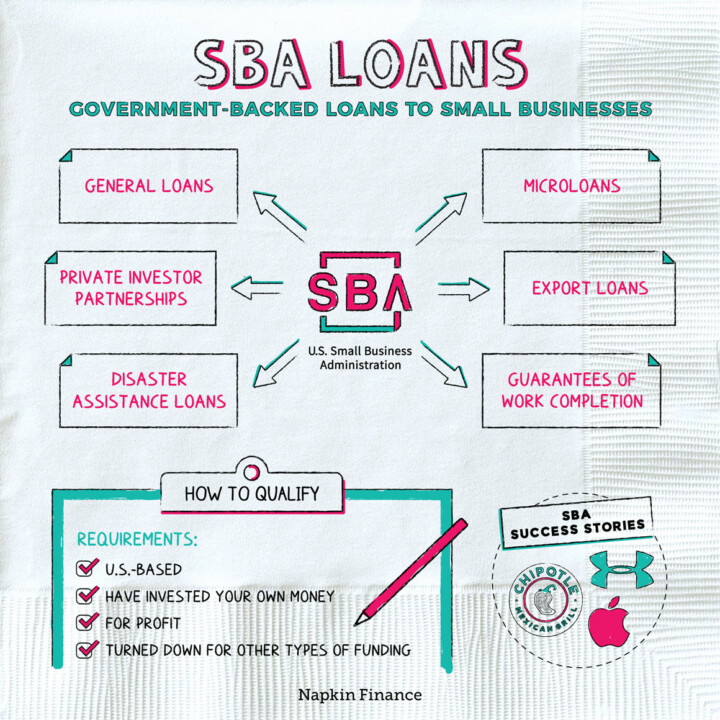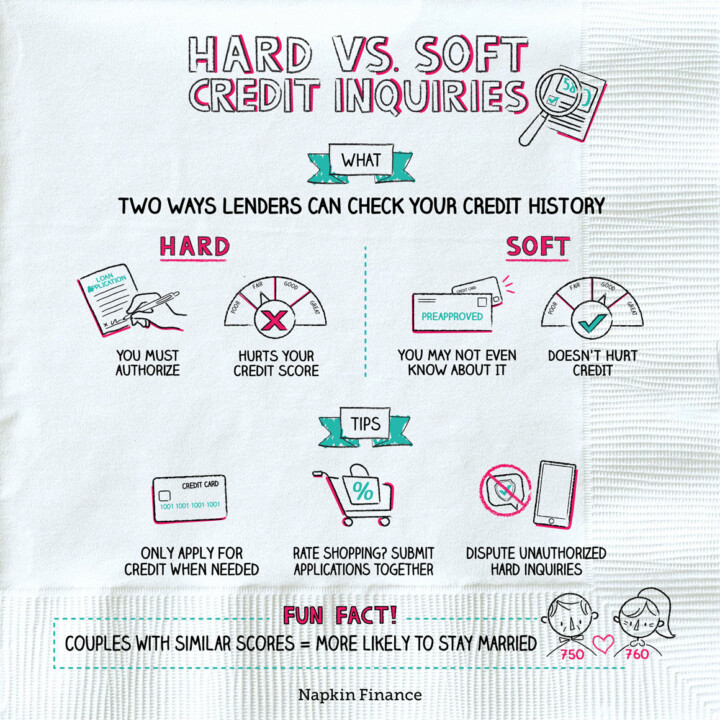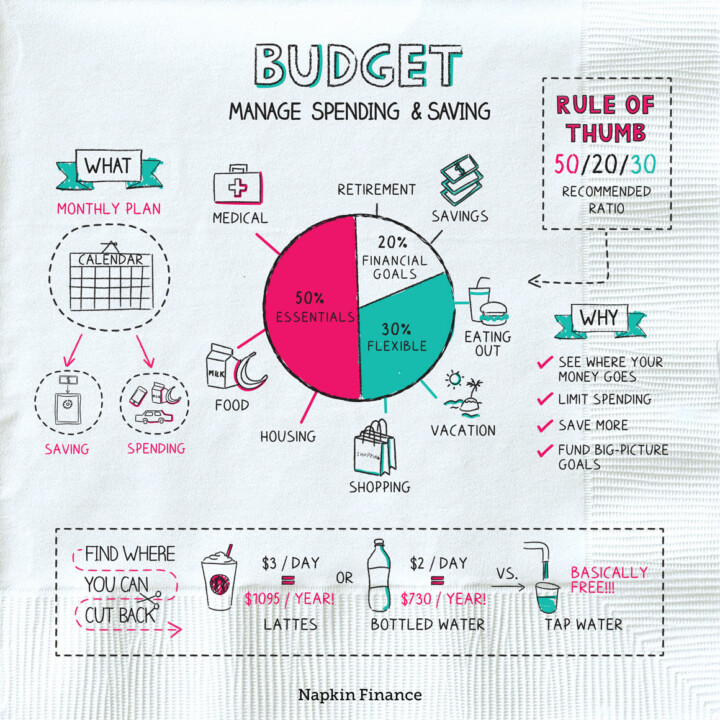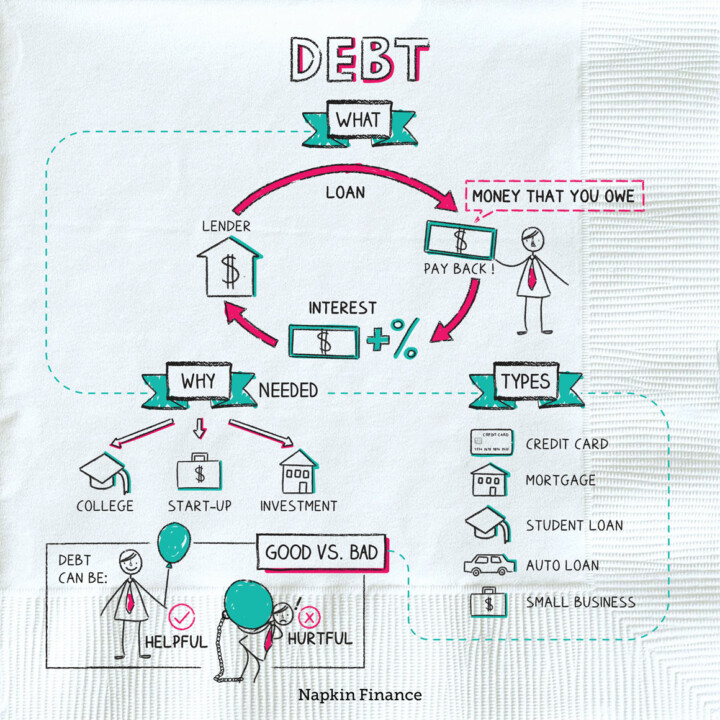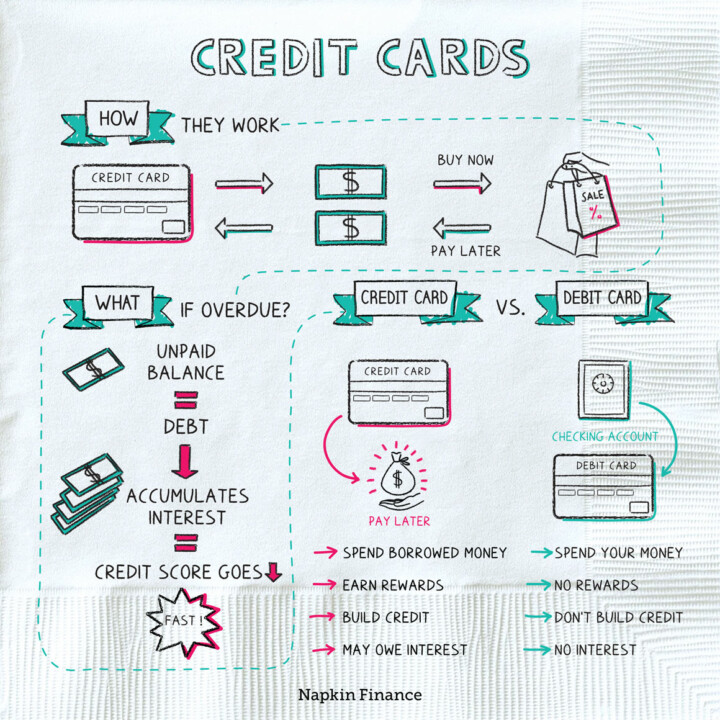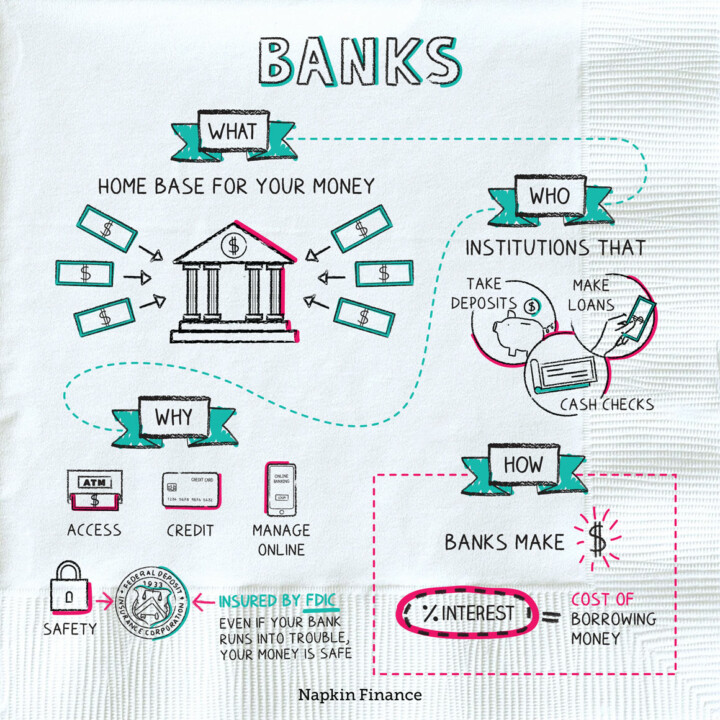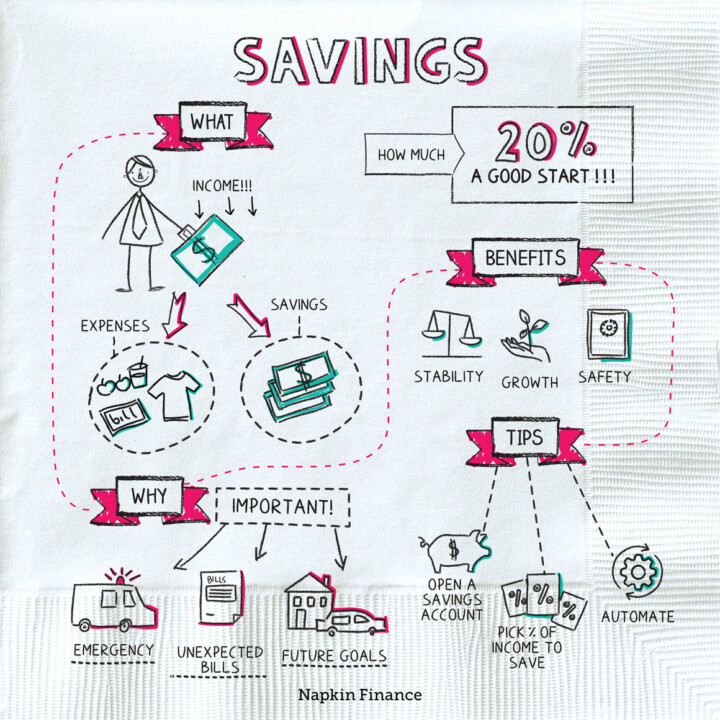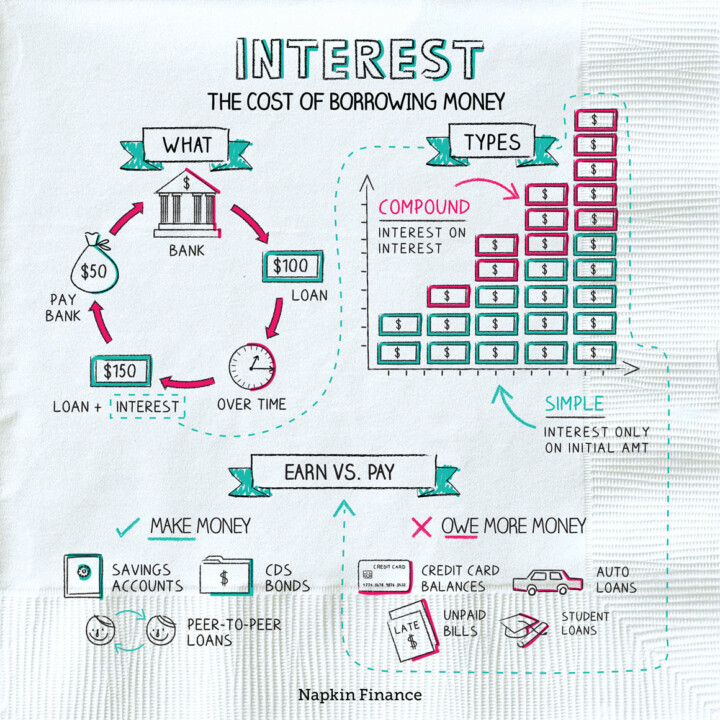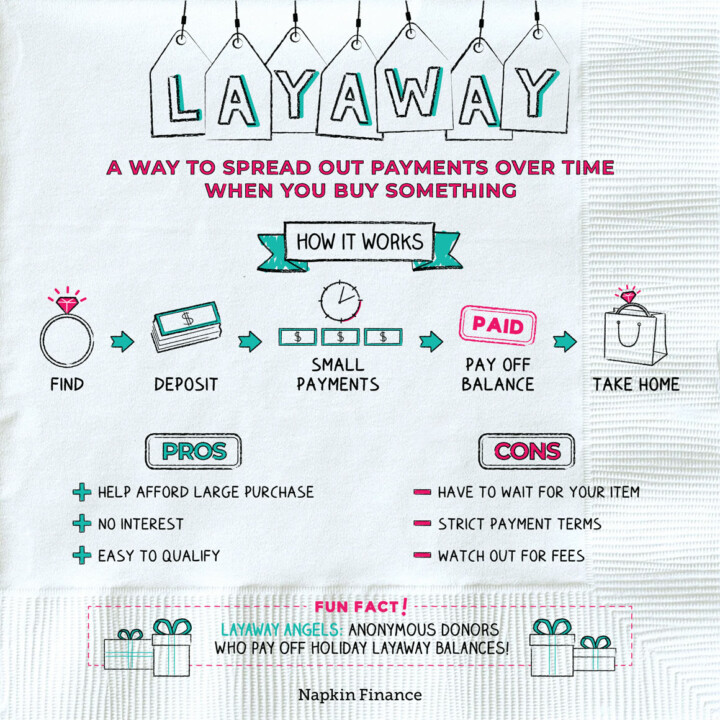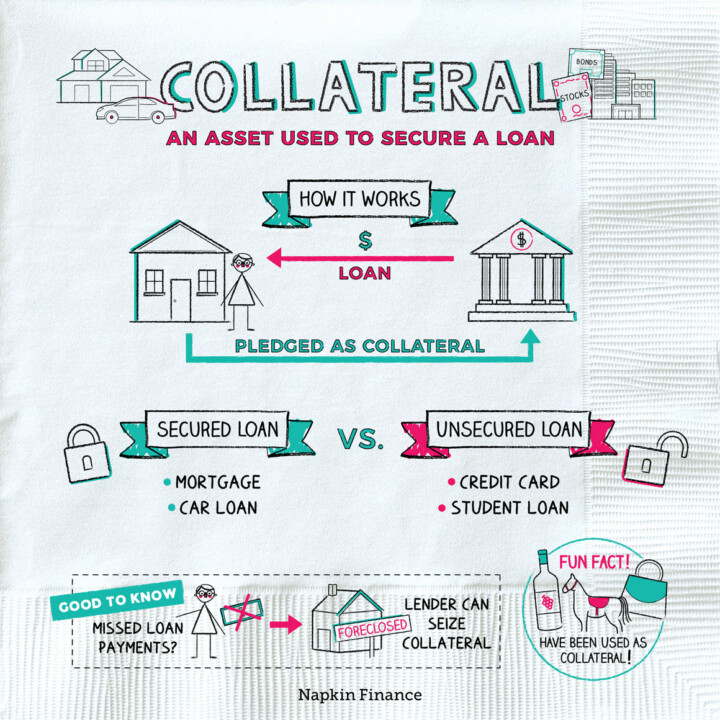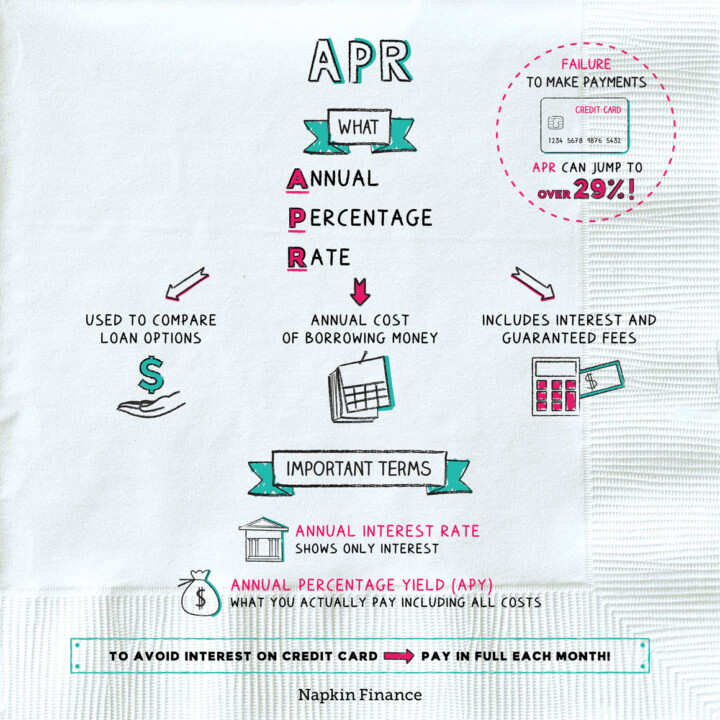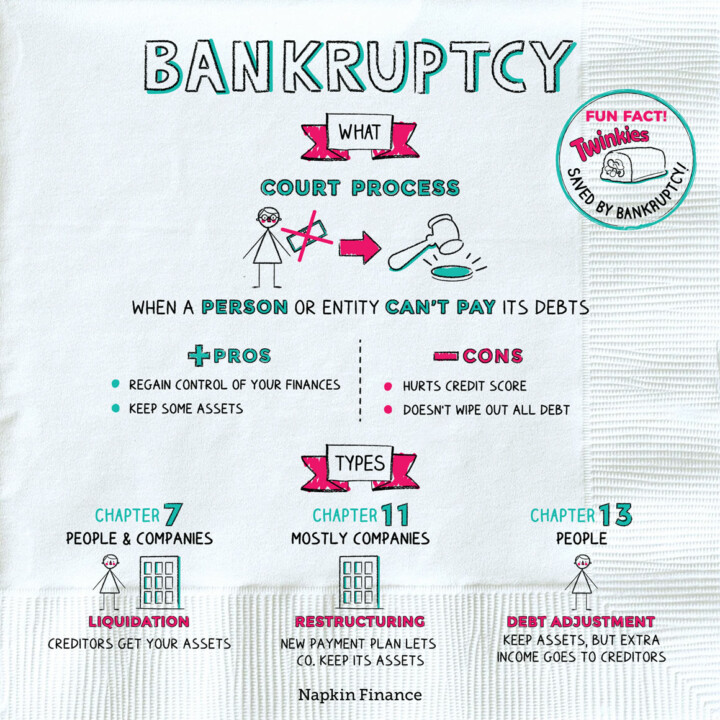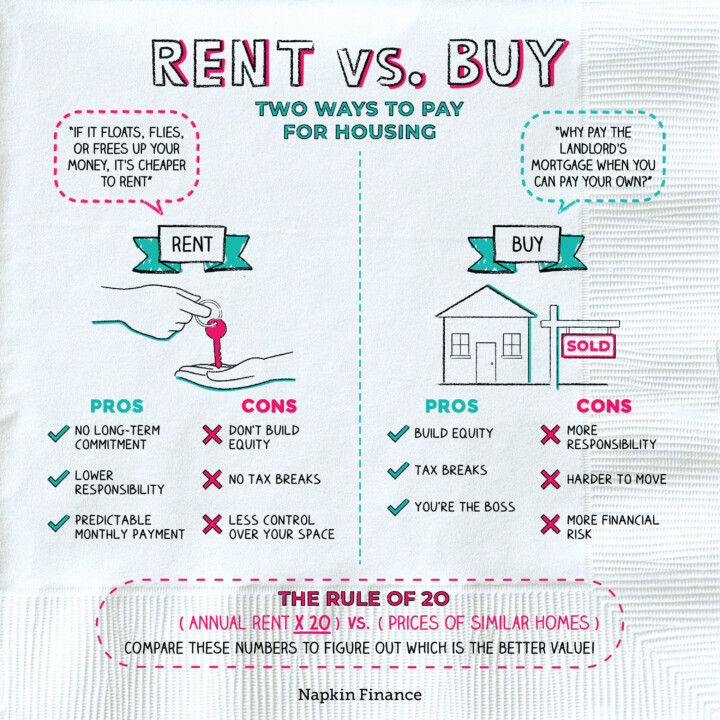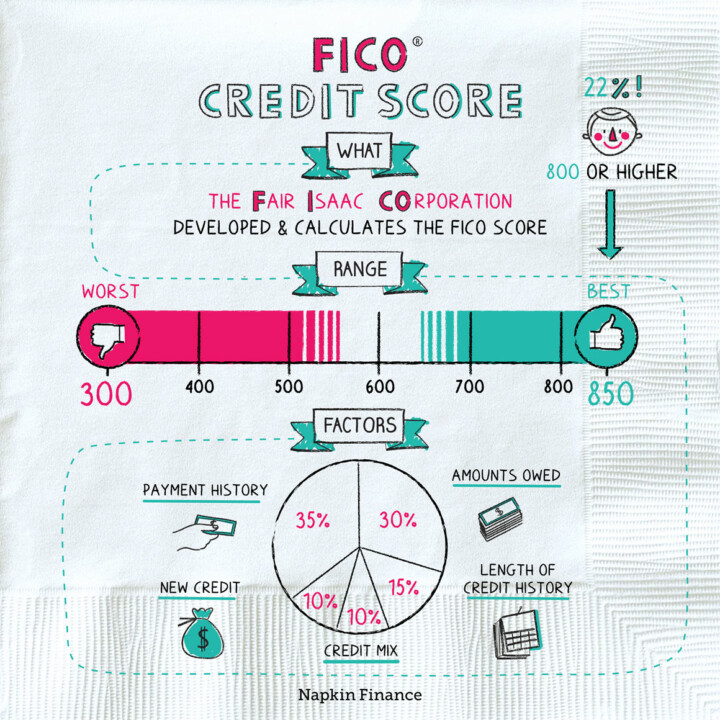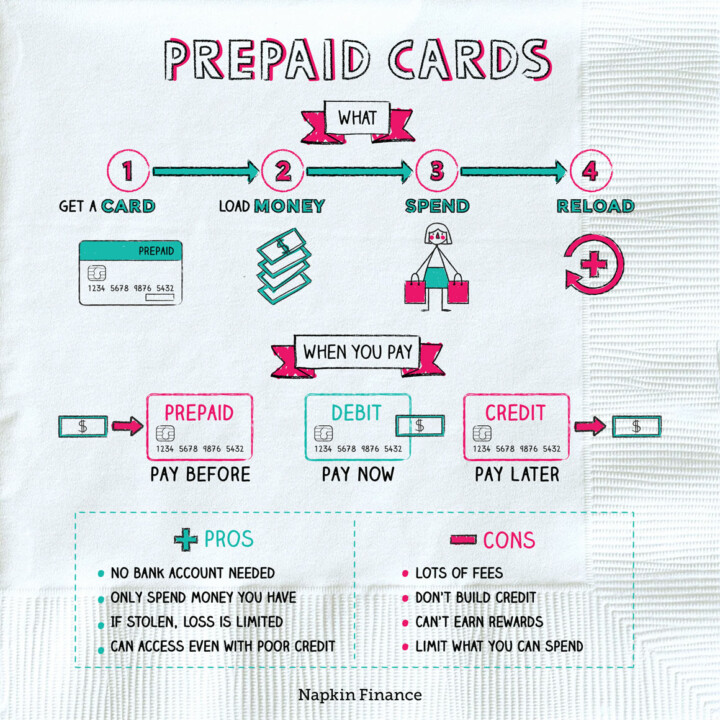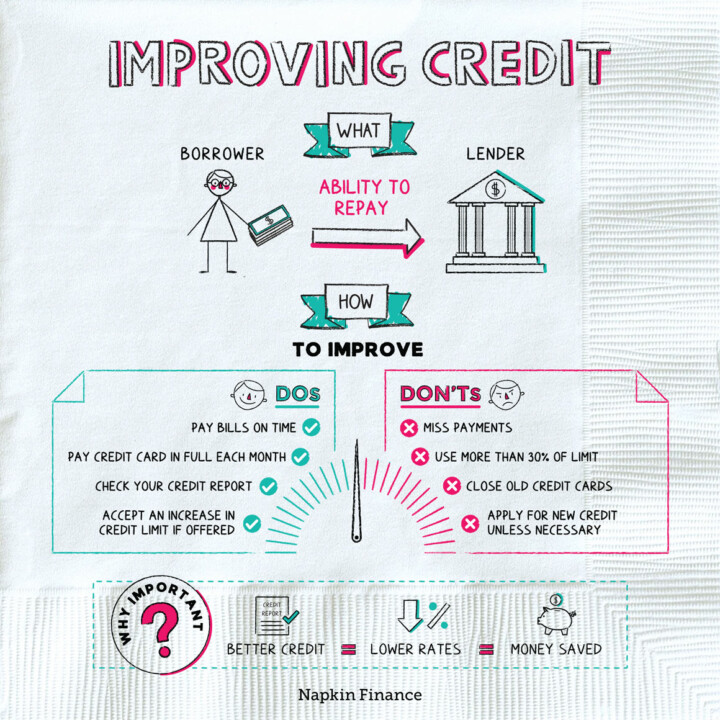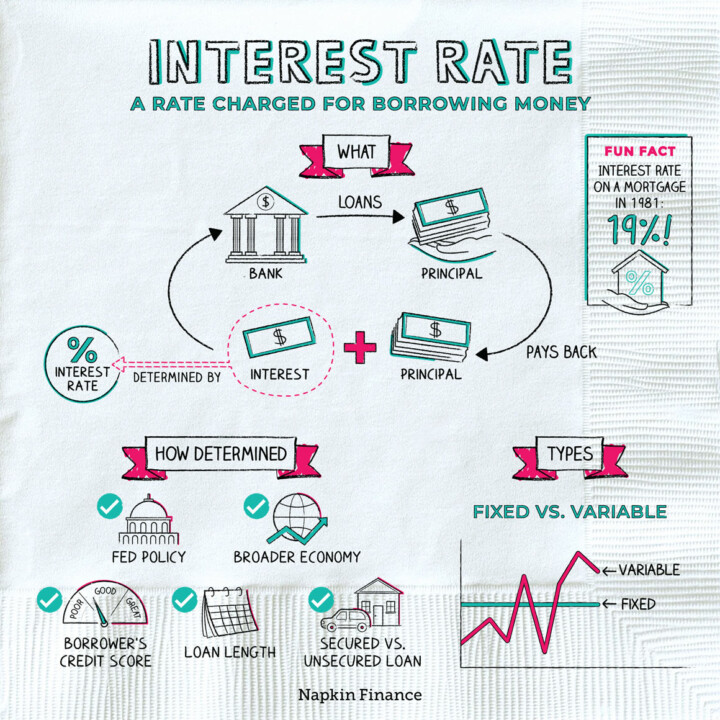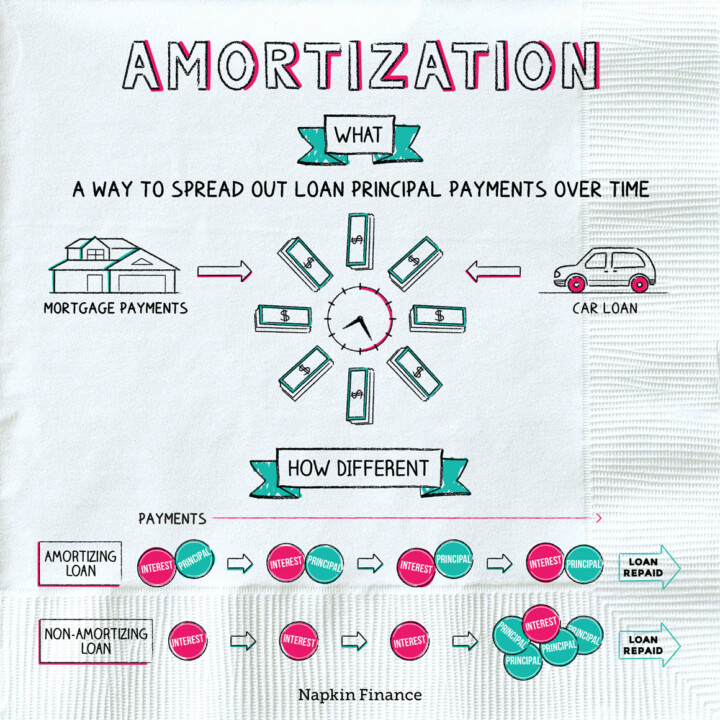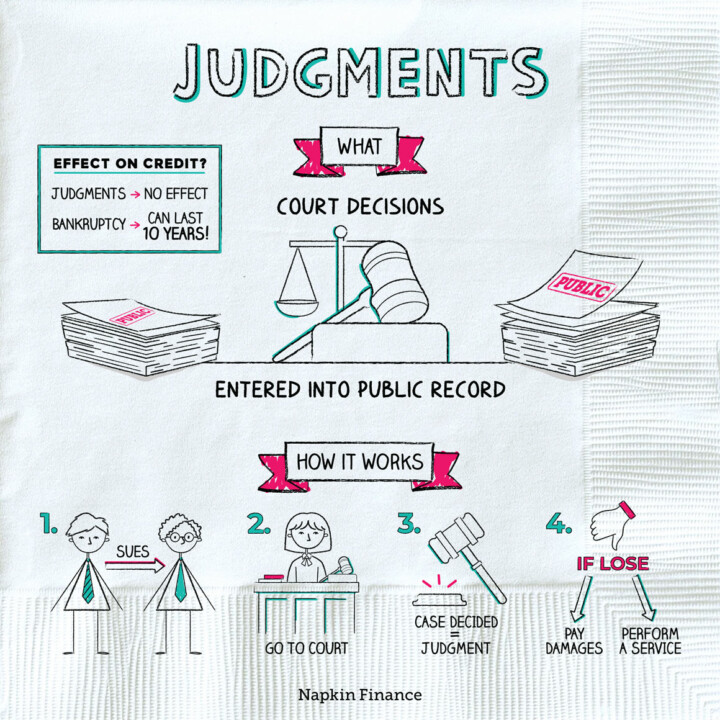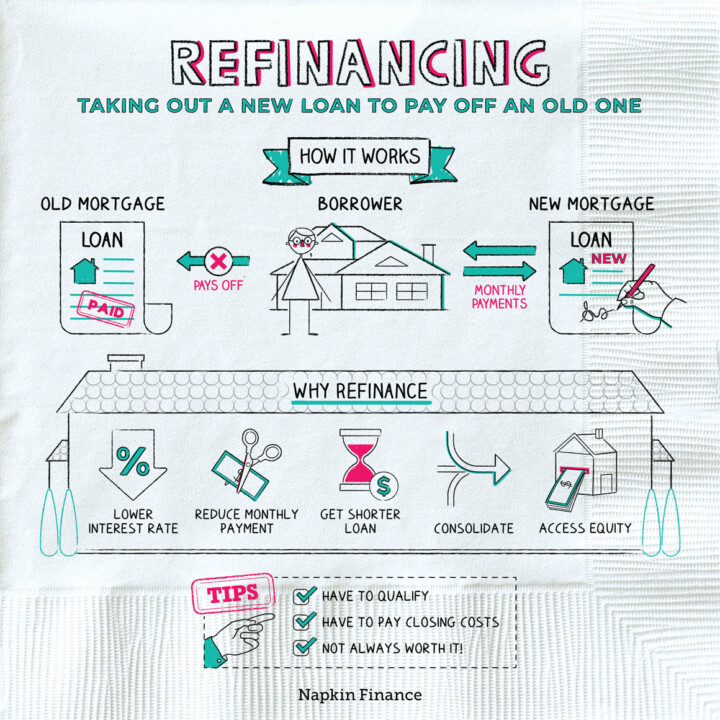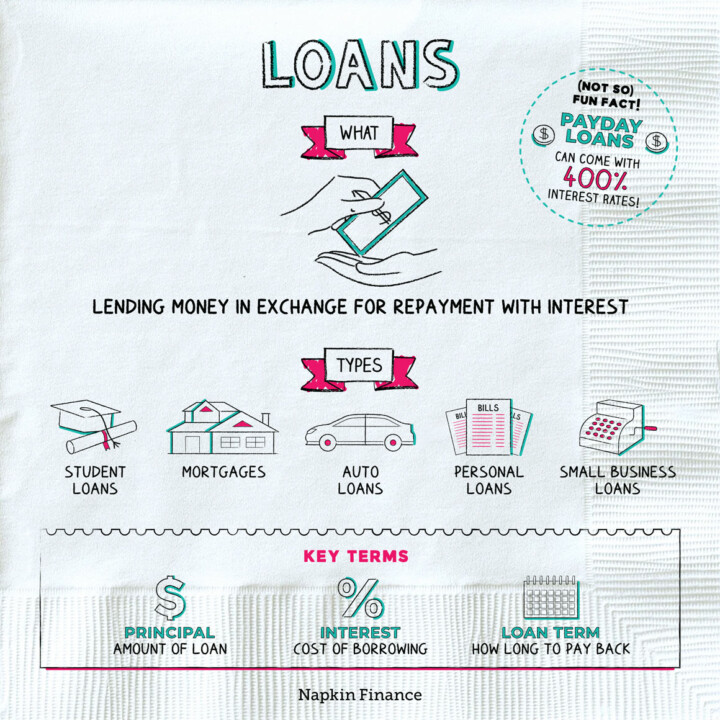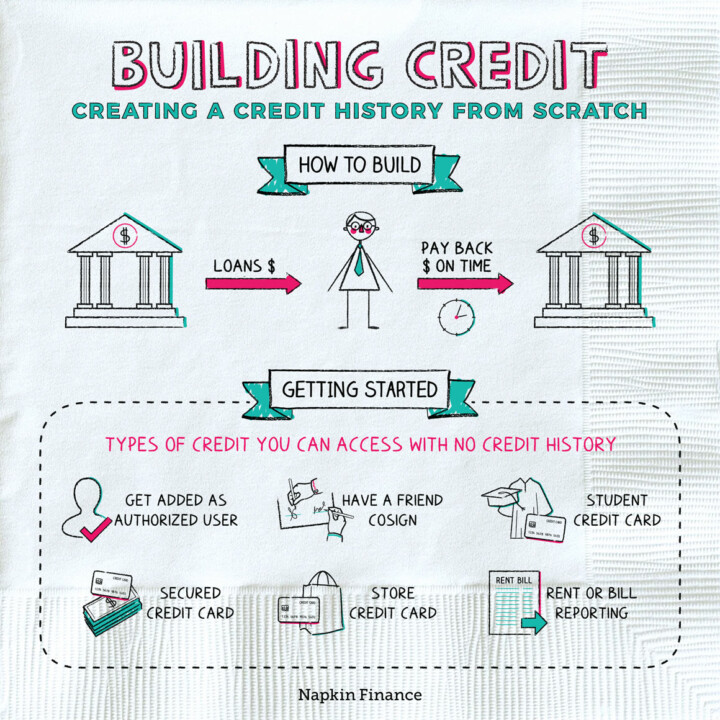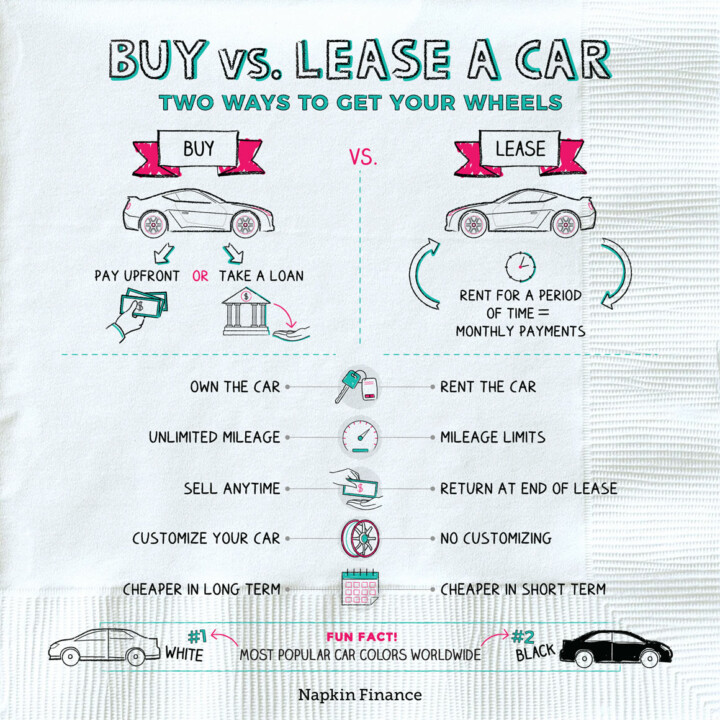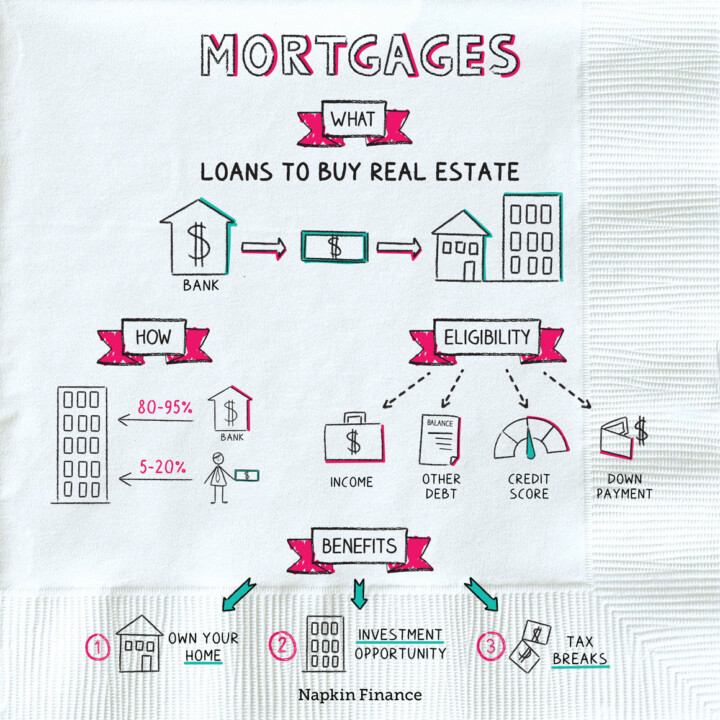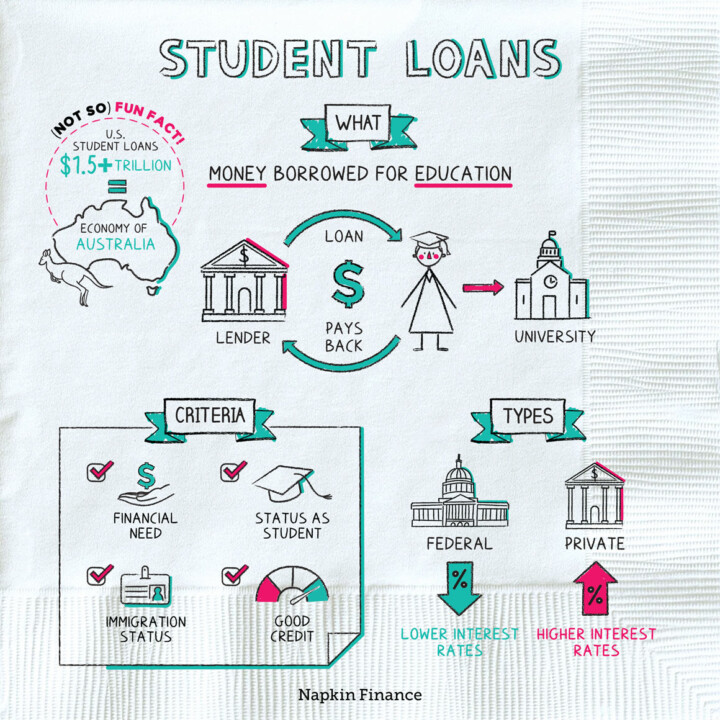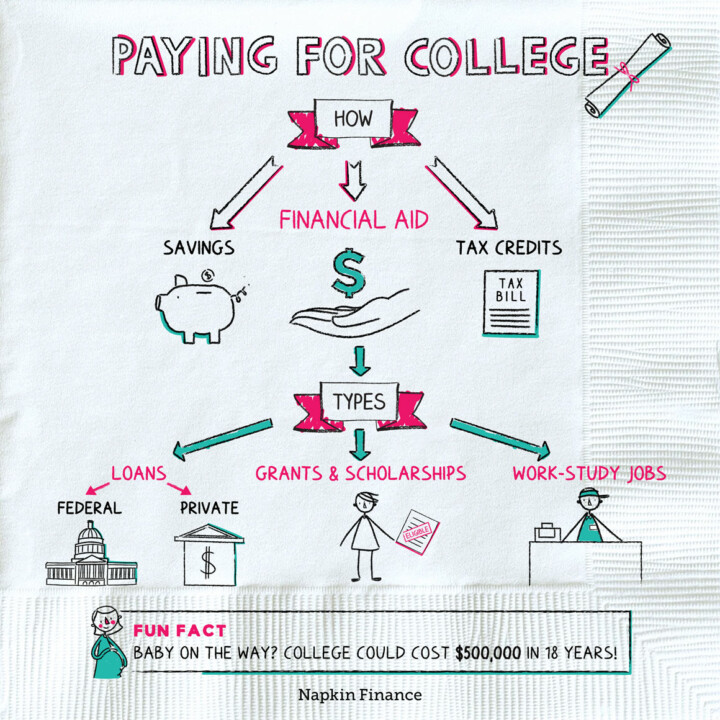Featured Napkin
FICO vs. VantageScore
Settle the Score
FICO and VantageScore are two of the most common credit scoring models. Contrary to popular belief, you don’t actually have just one credit score—you can have a number of different scores. One thing that can drive differences in your scores is which company’s model is used, FICO or VantageScore. In...
Learn moreMore credit Napkins...
FHA Loans
Helping Hand
FHA loans are a type of mortgage loan that’s available to people who might not qualify for...
Learn moreBalance Transfers
Shell Game
Balance transfers are a way to move what you owe on one (or more) credit cards and...
Learn moreCredit Report
Good Marks
Your credit report is a detailed history of your past use of credit. It’s a bit like...
Learn moreGetting Out of Credit Card Debt
Pay the Piper
Credit card debt can be overwhelming. As interest accrues, your balances may keep increasing even if you’re...
Learn morePaying Off Student Loans
Take a Load Off
It might seem like there’s only one way to pay down your student loans (namely: slowly, painfully,...
Learn moreCredit
Permanent Record
Credit is, simply put, your financial reputation. Your credit history describes your record as a borrower, including...
Learn morePaying Down Debt
Get Low
Paying down debt can make you more financially secure and give you more flexibility when deciding what...
Learn moreSBA Loans
Helping Hand
SBA-guaranteed loans (or just “SBA loans”) are business loans backed by the U.S. Small Business Administration (SBA)....
Learn moreHard vs. Soft Credit Inquiries
Extra Credit
Banks, lenders, and others use your credit report and scores to determine your creditworthiness. In other words,...
Learn moreBudget
Nickels and Dimes
A budget is a plan you can use to better manage your spending and saving. When you...
Learn moreDebt
It All Adds Up
Debt is money that you owe to another person or a financial institution. When you borrow money,...
Learn moreCredit Cards
Swipe Right
A credit card lets you buy now and pay later, all without the hassle of counting out...
Learn moreBanks
Bank on It
Banks are institutions that take deposits, cash checks, and make loans. They are essentially home bases for...
Learn moreSavings
One Penny at a Time
Savings are funds that you put aside and don’t spend. Life can be full of surprises, both...
Learn moreInterest
Pay Up
Interest is the cost of borrowing money. For a borrower, interest is the price of taking on...
Learn moreLayaway
Bill Me
Layaway lets you spread out payments over time when you buy something. Buyers often use it for...
Learn moreCollateral
Give and Take
Collateral is something that a borrower pledges to a lender to secure certain types of loans. If...
Learn moreAPR
Another Day, Another Dollar
An annual percentage rate (APR) represents the annual cost of borrowing money, including fees. Because the APR...
Learn moreBankruptcy
Lose Your Shirt
Bankruptcy is the legal process for consumers or businesses to get help with their debt. Bankruptcy starts...
Learn moreRent vs. Buy
Where the Heart Is
The choice between renting or buying a home may be one of the biggest decisions you make...
Learn moreFICO
Score Some Points
Although you might hear the phrase “your credit score” tossed around, you actually have multiple credit scores—potentially...
Learn morePrepaid Card
Top Off
A prepaid card lets you spend money that you’ve already added to the card. It’s similar to...
Learn moreImproving Credit
Extra Credit
Your credit report and credit scores describe whether you have a good track record of repaying borrowed...
Learn moreInterest Rate
At Any Rate
Interest is what a lender charges you to borrow money. It is usually expressed as a percentage...
Learn moreAmortization
Another Day, Another Dollar
Amortization is a way of paying off a debt by spreading payments over a period of time....
Learn moreJudgments
By the Book
A judgment is a decision made by a court that’s been entered into the public record (i.e.,...
Learn moreRefinancing
Cash in Your Chips
Refinancing is getting a new loan to replace an old one. Borrowers usually refinance in order to...
Learn moreLoans
Lend a Hand
A loan is when someone gives money to someone else in exchange for future repayment of that...
Learn moreBuilding Credit
Bit by Bit
Credit is money that’s available to you to borrow whether through a credit card, mortgage, car loan,...
Learn moreBuy vs. Lease a Car
Joy Ride
When you need a car, you have two options: buy or lease. If you buy a car,...
Learn moreMortgages
Home Sweet Home
A mortgage is a type of loan that people use to help them buy a house or...
Learn moreStudent Loans
Old College Try
A student loan can be any kind of borrowed money that’s used to pay for education. Although...
Learn morePaying for College
Higher Education, Higher Costs
Going to college can lead to better jobs and bigger paychecks. But it comes at a high...
Learn more
